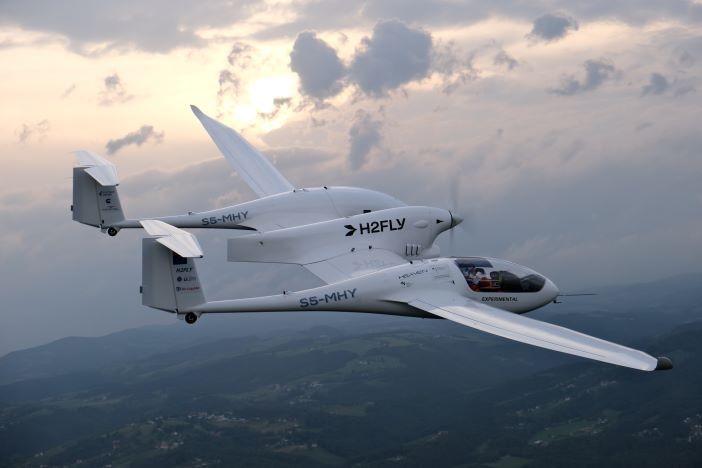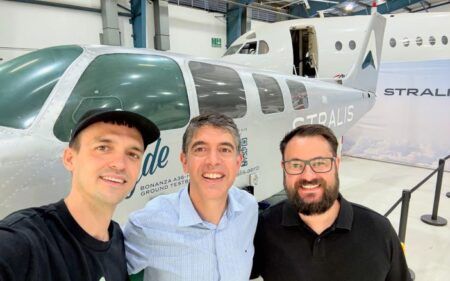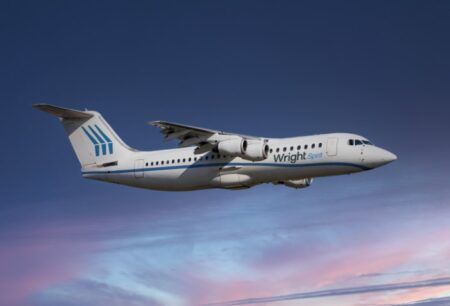Stuttgart, Germany-based H2FLY has successfully completed the world’s first piloted flight of an electric aircraft powered by liquid hydrogen.
The hydrogen-electric HY4 demonstrator aircraft has been operating from Maribor, Slovenia, and has so far flown four test flights powered by liquid hydrogen. This includes a flight that lasted for more than three hours.
The HY4 demonstrator aircraft is fitted with a hydrogen-electric fuel cell propulsion system and cryogenically stored liquid hydrogen that powers the aircraft.
Compared with pressurized gaseous hydrogen storage, the use of liquified, cryogenic hydrogen enables significantly lower tank weights and volume, therefore leading to increased aircraft range and capacity for extra payload.
Results of H2FLY test flights indicate that using liquid hydrogen instead of gaseous hydrogen will double the maximum range of the HY4 aircraft from 750km (466 miles) to 1,500km (932 miles).
Professor Josef Kallo, co-founder of H2FLY and a speaker at this magazine’s Aerospace Test & Development show later this month, said, “This achievement marks a watershed moment in the use of hydrogen to power aircraft. Together with our partners, we have demonstrated the viability of liquid hydrogen to support medium and long-range emissions-free flight.”
“We are now looking ahead to scaling up our technology for regional aircraft and other applications, beginning the critical mission of decarbonizing commercial aviation,” he added.
The successful test flight campaign is also a significant milestone for Project HEAVEN (High powEr density FC System for Aerial Passenger Vehicle), an EU-funded research program aimed at demonstrating the feasibility of using liquid, cryogenic hydrogen in aircraft led by H2FLY.
Other partners of the HEAVEN project include gases company Air Liquide, electric aircraft company Pipistrel, research agency the German Aerospace Center (DLR), EKPO Fuel Cell Technologies, and Spanish non-profit Fundación Ayesa.
Pierre Crespi, innovation director at Air Liquide Advanced Technologies said, “Air Liquide is proud to have designed, manufactured and integrated, together with H2FLY, the liquid hydrogen tank that enabled to power the HY4 aircraft.
“Today’s success demonstrates the full potential of liquid hydrogen for aviation. Liquid hydrogen can be stored onboard and transported. Hydrogen is key to the energy transition and this new step proves that it’s already becoming a reality.”
With the completion of the flight testing in project HEAVEN, H2FLY will next focus on the test and certification path to commercialization.
In June, the company announced the development of its new H2F-175 fuel cell systems which will be capable of providing full power range in flight altitudes of up to 27,000ft, marking an important step on the path from lower altitude viability flight demonstrations to real-world commercial aircraft applications.
H2FLY also plans to open its Hydrogen Aviation Center at Stuttgart Airport next year. The Center, which is co-funded by the regional ministry of transport will provide fuel cell aircraft integration facilities and liquid hydrogen infrastructure.
H2FLY was founded by five engineers from the German Aerospace Center in Stuttgart and the University of Ulm, to deliver to market the first qualified, fully hydrogen-electric aircraft powertrain. The company was acquired in 2021 by Joby Aviation, the California-based eVTOL aircraft developer.





